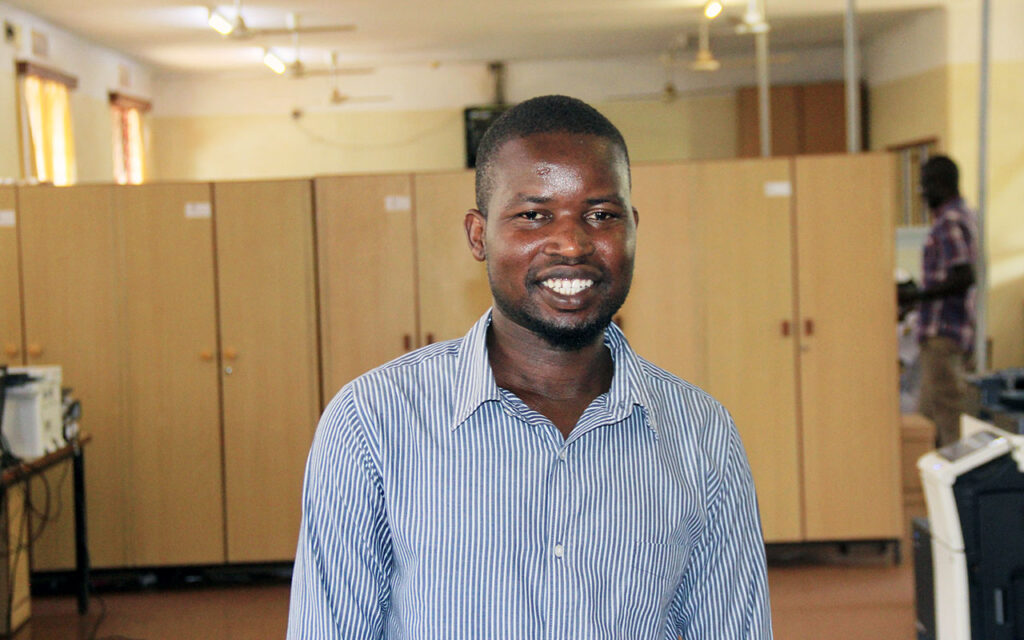Caring behind bars
Haemophilia Nurses Association Annual General Meeting, Birmingham March 29th/30th 2019
We hope that most of the haemophilia nurses attending the HNA AGM in Birmingham did not have first hand experience of one of Her Majesty’s prisons but two speakers definitely did. Yvette Carroll, Primary Care Service Manager, and Michele Ramkissoon, Ward Manager, described the challenges – and humour – they face providing health care to a modern standard to a group of people deprived of their freedom.
The health service at HMP Birmingham is the only prison service in England to be part of the NHS. As such, it aims to deliver the standards of care expected of any NHS institution. With a historical legacy that once didn’t even allow the word ‘patient’ to be used for inmates who were unwell, and the obstructions caused by essential security measures, this task is far from straightforward.
HMP Birmingham is a category B prison holding up to 1450 adult remand and sentenced male prisoners.. All new prisoners see a nurse for preliminary screening on admission and then again the following day in line with NICE guidance. Mental health problems are a major concern and being admitted to prison is a very stressful process. Screening also identifies substance misuse disorders and ensures that pre-existing care arrangements can be continued.

Prisoners present with a wide range of problems and many have complex comorbidity, with conditions and needs that have included tuberculosis, end of life care, renal dialysis, reconstructive surgery, congenital spasticity and loss of mobility. Nurses therefore have to draw on a wide range of skills but they can also call on specialist support from Birmingham City Healthcare Trust. The ward comprises 15 cells, which are locked; at times, nurses have to provide treatment in a cell under the direct supervision of a prison officer. In this setting, they have to work hard to maintain the patient’s dignity and privacy.
Getting a patient to hospital means navigating the security measures controlling access to the prison both in and out – and this can delay the arrival of an ambulance. The prison once prioritised security above all else but attitudes have changed: now, every patient is risk-assessed to find a balance between the necessary precautionary measures and the need to provide care. The Trust pays the costs of prison officers who accompany the patient to hospital and it has at times been difficult to persuade them to remove a patient’s handcuffs on the ward. It is therefore important to be able to offer services in the prison and these now include radiography and renal care; special diets can be arranged by liaison with the kitchen staff.
The nurses at HMP Birmingham have an open and professional attitude and are keen to share their experiences and network with their colleagues in the NHS. They visit prisoners while they are in civilian hospitals and liaise with the ward staff. Yvette visited one prisoner who greeted her with shouts of “Don’t let her near me, she’s not a proper nurse!”; he had so charmed the ward staff that they almost believed him.
Visual minutes by Woven Ink


